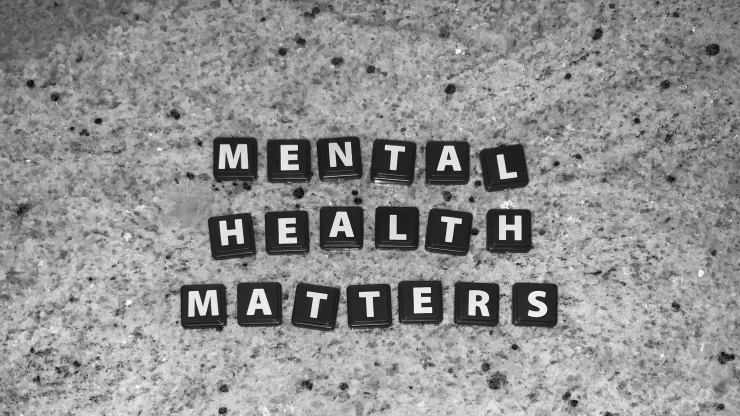The Importance of Resilience
Life is full of ups and downs, and it is natural to face challenges and setbacks. However, what sets successful people apart is their ability to bounce back from adversity and come out stronger.
This ability to overcome obstacles and thrive in the face of adversity is known as resilience. Resilience is not only important for achieving success in life but also for achieving happiness.
In this article, we will explore the role of resilience in achieving happiness, the science behind it, and strategies for building resilience.
Jump to Section
Understanding Resilience: What is it?
Resilience is the ability to adapt and cope with stress and adversity. It is the capacity to bounce back from setbacks, learn from failures, and grow from challenges.
Resilient individuals are not immune to stress, but they have the ability to manage their emotions, thoughts, and behaviors in a positive way.
Resilience is not a fixed trait, but a set of skills that can be developed and strengthened over time.
The Science Behind Resilience and Happiness
Research has shown that resilience is strongly linked to happiness and well-being. Resilient individuals are better able to manage stress and negative emotions, which allows them to experience more positive emotions such as joy, gratitude, and contentment. Studies have also shown that resilience can improve physical health, increase longevity, and reduce the risk of mental health problems such as depression and anxiety.
Building Resilience: Tips and Strategies
Resilience is a skill that can be developed and strengthened over time. Here are some tips and strategies for building resilience:
-
Practice self-care: Take care of your physical, emotional, and mental health. Get enough sleep, exercise regularly, and eat a balanced diet. Practice mindfulness, meditation, or yoga to reduce stress and improve emotional well-being.
-
Cultivate positive relationships: Build a support system of family, friends, and colleagues who can provide emotional support and encouragement. Connect with others who share your values and interests.
-
Learn from setbacks: Reframe failures and setbacks as opportunities for growth and learning. Focus on the lessons learned and the skills gained from the experience.
Use positive self-talk to challenge negative thoughts and beliefs.
-
Set goals and take action: Set realistic goals and take small steps towards achieving them. Celebrate your progress and accomplishments along the way.
Resilience in Action: Real-Life Examples
Resilience can be seen in many real-life examples. For instance, J.K. Rowling, the author of the Harry Potter series, faced numerous rejections before her first book was published.
She persevered through adversity and went on to become one of the most successful authors of all time. Another example is Malala Yousafzai, who was shot by the Taliban for advocating for girls’ education.
Despite the attack, she continued to speak out for human rights and won the Nobel Peace Prize at the age of 17.
The Power of Resilience in Achieving Happiness
Resilience is an essential skill for achieving happiness and success in life. By developing resilience, we can learn to manage stress and adversity, bounce back from setbacks, and grow from challenges.
Resilience is not a fixed trait, but a set of skills that can be developed and strengthened over time.
By practicing self-care, cultivating positive relationships, learning from setbacks, and setting goals, we can build resilience and achieve greater happiness and well-being.
FAQ
How can I develop resilience?
You can develop resilience by practicing self-care, cultivating positive relationships, learning from setbacks, and setting goals. These strategies can help you manage stress and adversity, bounce back from setbacks, and grow from challenges.
Can resilience be learned?
Yes, resilience is a skill that can be learned and strengthened over time. By practicing resilience-building strategies, you can develop the skills needed to manage stress and adversity and achieve greater happiness and well-being.
Why is resilience important for happiness?
Resilience is important for happiness because it allows us to manage stress and negative emotions, which allows us to experience more positive emotions such as joy, gratitude, and contentment. Resilience can also improve physical health, increase longevity, and reduce the risk of mental health problems such as depression and anxiety.

With a deep passion for personal development, Ben has dedicated his career to inspiring and guiding others on their journey towards self-improvement.
His love for learning and sharing knowledge about personal growth strategies, mindfulness, and goal-setting principles has led him to create My Virtual Life Coach.
Contact Ben at [email protected] for assistance.




